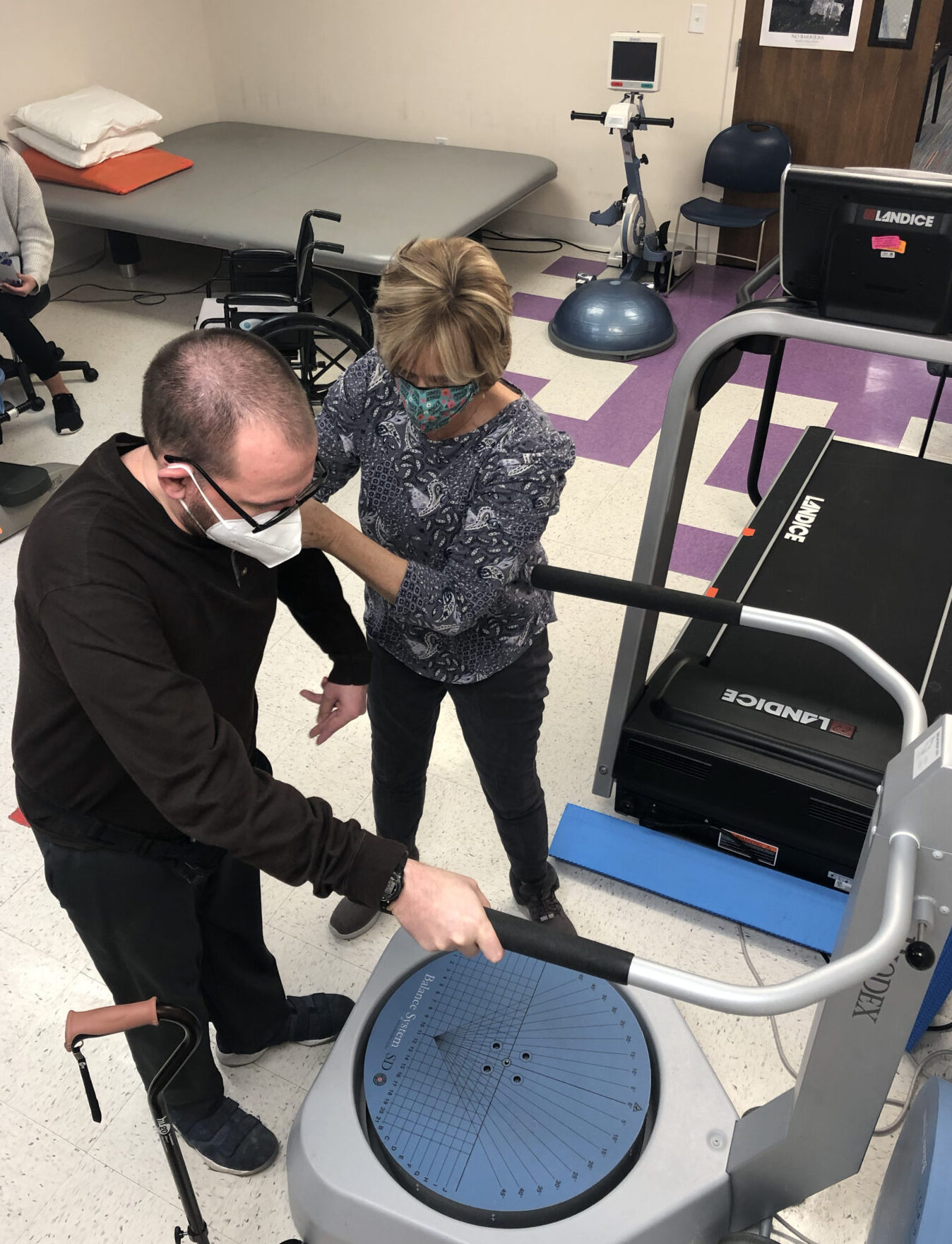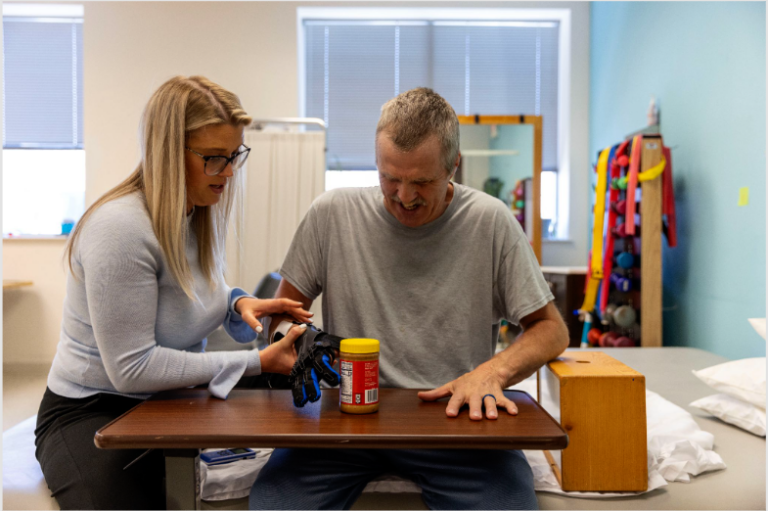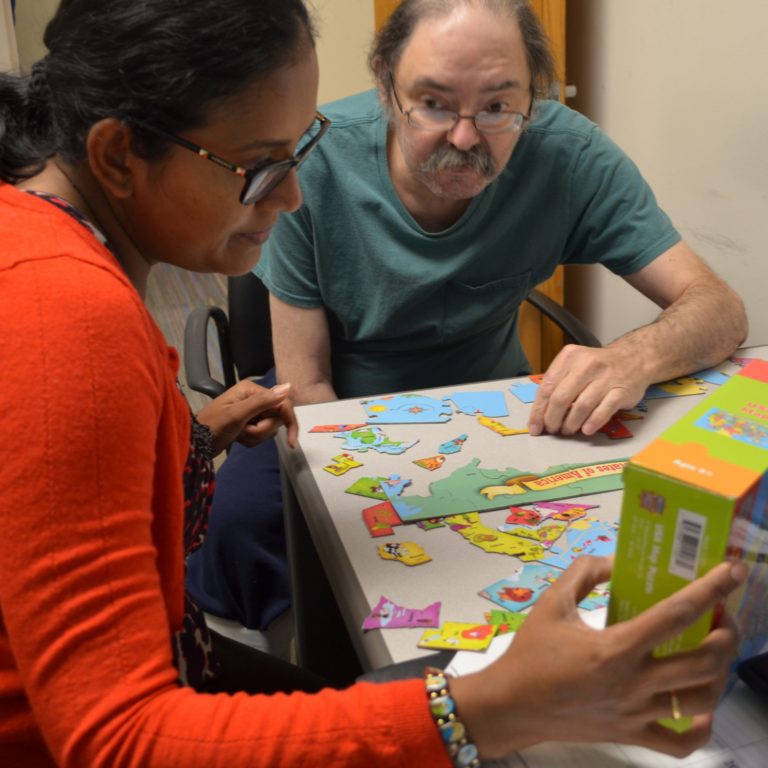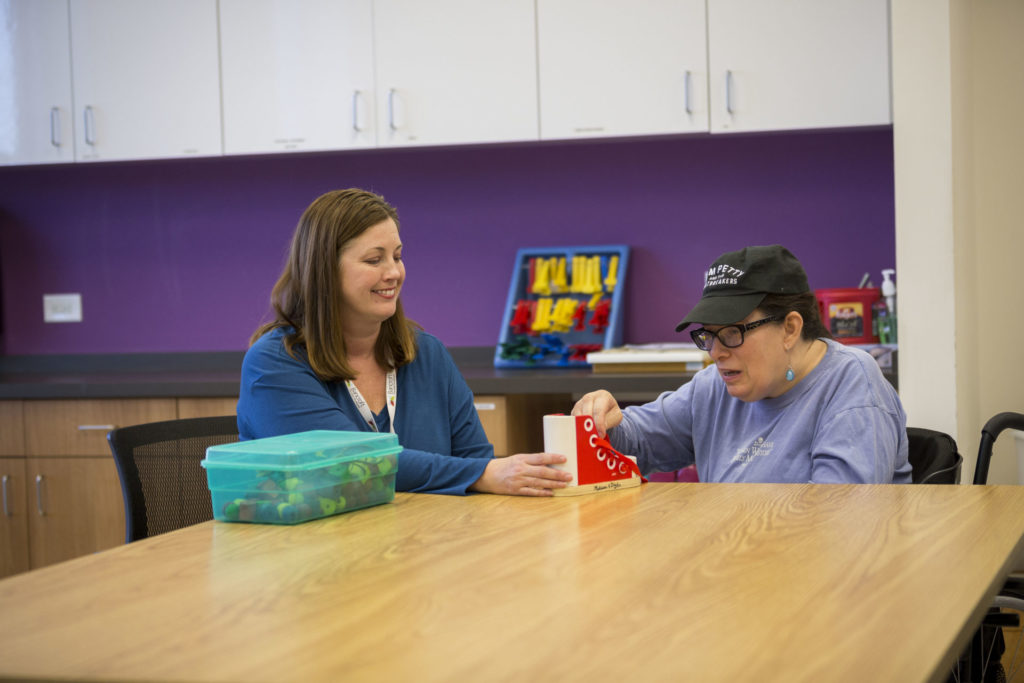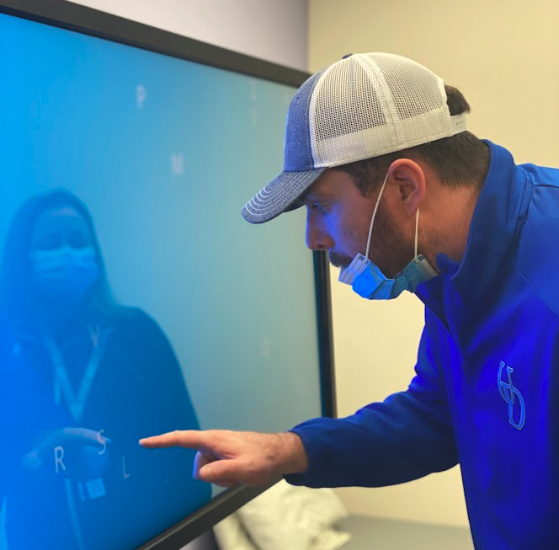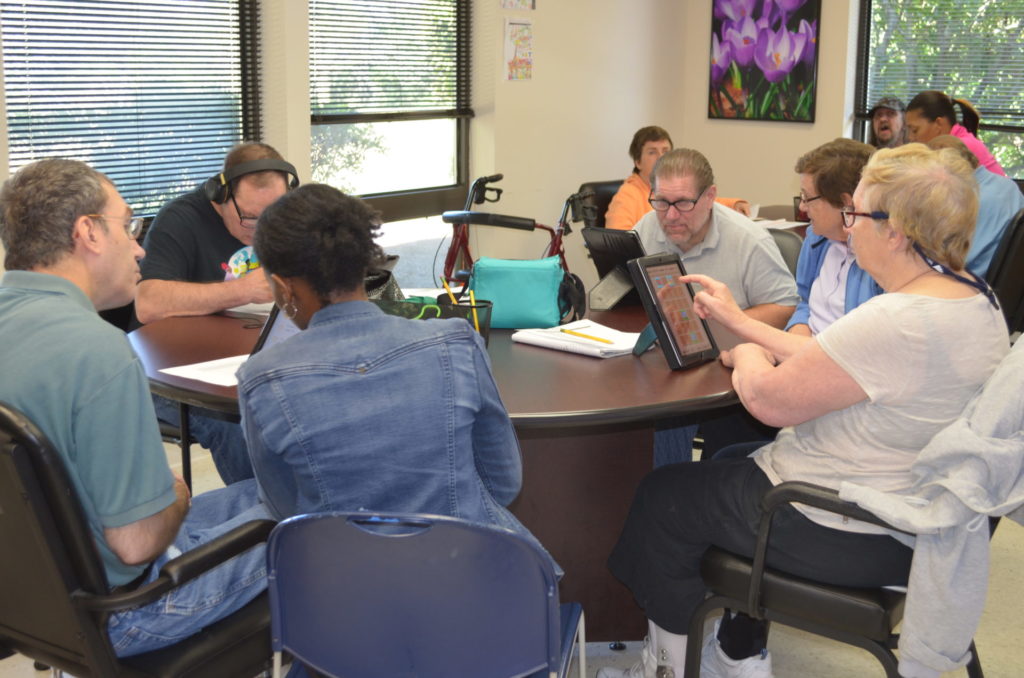Post-Surgical Neurological Challenges
Home » Conditions Treated » Post-Surgical Neurological Challenges
Overview
The brain is a delicate and complex organ that controls both the mind and body. When a person has brain surgery, certain complications are normal and expected.
Other procedures can also affect the brain, including heart and carotid artery surgery. And chemotherapy or radiation for a brain tumor may cause similar issues.
These patients can experience a wide range of neurological challenges that affect thinking, sensation, language, emotions, and physical abilities. But there is hope: customized rehabilitation can help people regain abilities and reclaim their lives.
Overview
The brain is a delicate and complex organ that controls both the mind and body. When a person has brain surgery, certain complications are normal and expected.
Other procedures can also affect the brain, including heart and carotid artery surgery. And chemotherapy or radiation for a brain tumor may cause similar issues.
These patients can experience a wide range of neurological challenges that affect thinking, sensation, language, emotions, and physical abilities. But there is hope: customized rehabilitation can help people regain abilities and reclaim their lives.
Contact Us
To make a referral or schedule an appointment call 844-234-8387
Causes
Post-surgical neurological challenges can occur after brain surgery and other treatments affecting the brain, including:
- Removal of a brain tumor or brain tissue
- Removal of a piece of brain tumor or tissue for a biopsy
- Clipping of an aneurysm in the brain
- Draining of blood or an infection (abscess) in the brain
- Freeing a nerve in the brain
- Removal of a blood clot in the brain
- Heart or carotid-artery surgery
- Chemotherapy or radiation to shrink a brain tumor, or after tumor removal
Symptoms
Post-surgical neurological challenges can include:
- General weakness, lack of endurance
- Balance or coordination problems
- Dizziness
- Headache
- Confusion
- Convulsions or seizures
- Trouble with memory, concentration or thinking
- Depression, personality or mood changes
- Difficulty swallowing
- Muscle stiffness or tightness (spasticity)
- Vision problems
- Changes in sensory perception
- Hallucinations or delusions
- Changes in sleep pattern
- Incontinence
- Changes in sexual function
- Lack of motivation
- Lack of awareness of deficits
- Avoidance or fear of exercise
When to See a Doctor
Seek medical help right away if the patient has a significant increase or decrease in consciousness, such as sleeping all the time, os extremely fatigued or unable to be roused, becomes combative or exhibits other behavioral changes (this can be a sign of brain swelling), hallucinates, develops delirium, a state of confused thinking and reduced awareness that is marked by either agitation or lethargy, if you have any other cause for concern, contact a medical professional. This is not a complete list of issues requiring medical attention.
Evaluation
Initially, patients with post-surgical neurological challenges may receive medical examinations by a neurologist, neurosurgeon, and/or other specialists, as well as imaging tests and bloodwork. Once the person’s medical condition is stable, they may receive assessments to help determine their rehabilitation needs. These can include:
- Neuropsychological evaluation, a comprehensive, non-invasive test of a person’s mental abilities and mood, including attention and concentration, learning and memory, planning and abstract thinking, language and communication, motor and sensory functions, academic skills, and other intellectual abilities. The test is done through a questionnaire and typically takes four to six hours.
- PT/OT/SL evaluations to determine the person’s needs for physical therapy, occupational therapy, and/or speech and language therapy.
- Vocational rehabilitation evaluation to assess a person’s work-related abilities and deficits, and their needs for rehabilitation related to job skills.
- Independent medical examination to determine the cause, extent and medical treatment of a work-related or other injury.
Treatment
Patients usually need rehabilitation after brain surgery and other procedures affecting the brain. These treatments should be tailored to the individual’s specific needs, abilities and interests. The person’s rehabilitation team should work together toward the same goals, reinforcing each other’s treatments to help the patient recover as fully as possible. Treatments can include:
Residential rehabilitation, which provides supervised living in the community, with staffing based on the person’s needs. Services can include behavioral programming, social supports, nutritional care, and support and training in daily living skills such as personal care, household management, health and medical care, grocery shopping, money management and budgeting.
Therapeutic day programs, including individual and group programs that engage in a variety of daily living, vocational, social and recreational activities, designed to help people regain skills and improve their quality of life. Programs can address communication, thinking abilities, back- to-work transition, behavioral issues, community participation, and need for supports or accommodations.
Physical therapy, which restores mobility and improves muscle tone, balance, strength and endurance. Treatment includes enhancing the patient’s walking abilities and/or use of a wheelchair.
Occupational therapy, which restores skills needed to function successfully at home, work or school. Treatment focuses on enhancing ability of the arms, hands and fingers, so patients can feed, dress and bathe themselves, among other daily tasks.
Speech and language therapy, which improves communication skills and/or swallowing, while also strengthening thinking and memory.
Physiatry, a form of physical medicine that helps patients overcome pain, weakness or disability, and enhances their independence and functioning.
Psychotherapy, which aids in adjustment to neurological challenges, awareness of deficits, redevelopment of social skills, maintaining relationships, and education regarding one’s neurological issues.
Vestibular therapy, which improves balance and reduces dizziness through exercise.
Vocational rehabilitation, including restoration of job skills and assessment for return to work. Therapists works with both patient and employer to support the patient’s re-employment, including onsite job training and job coaching.
Neurology, which addresses any new or ongoing symptoms related to the brain or nervous system.
Nursing services, which address any medical conditions caused by the brain surgery or other procedure, and/or other health issues. Nurses provide medical management of these conditions, oversee medications, and work closely with the patient’s primary-care provider, neurologist or other specialists.
Support groups for patients and family members, which provide emotional support, practical ideas, motivation and inspiration that can help people thrive.
People may also need other forms of rehabilitation related to the cause of their neurological challenges. For instance, if the person had heart bypass surgery, they will likely need cardiac rehabilitation.
Every situation is different, but a coordinated, team approach is essential. Moreover, the person’s therapists should train family caregivers to assist and encourage their loved one at home, and maintain ongoing communication with the caregivers.
Love and support from family members, coupled with a skilled and compassionate rehabilitation team, can help survivors maximize their abilities and quality of life.



